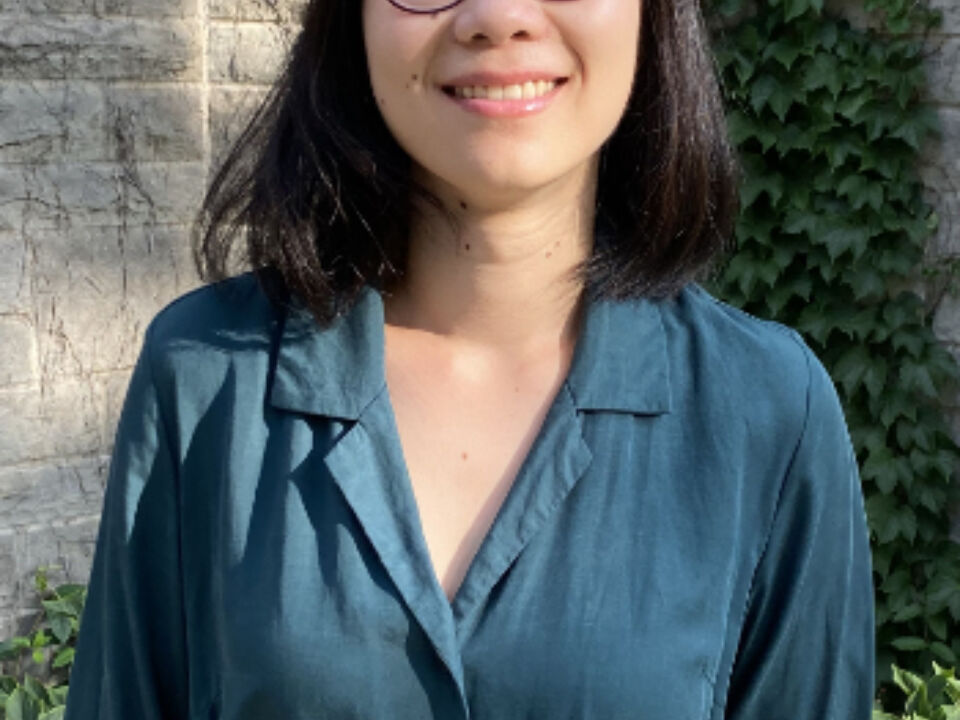
The Pianist
Divorced, my mother kept the piano
so one day, I could have returned to her.
Elizabeth Bishop says, write the loss
to right it, but I don’t know whose to right.
One day, I leave you without us knowing
and wander, start to write a sestina.
I ask loss to write me. A sestina
refuses, unlike my old piano
who already carries my love, knowing
silence is part of the song. “You’ll hear her
meaning, if you listen to it the right
way,” they advised in reviews, but a loss
has a hard time being other than loss.
Days are wild across me, a sestina
cannot carry my fingers’ tremors. “Right,”
the pianist murmurs, “a piano
remembers everything in your life, her
body holds you more than you, her, knowing
you better than you do. Always knowing
that knowing is not enough.” The day’s loss,
a still thunderstorm. I remember her
better as I forget, a sestina
written trembles more than the piano.
How do you write to keep going? The right
way, always moving—there is nothing right
in the way lines break, already knowing
the lack passes through me, a piano
being moved into a new house. The loss
entered us when you read the sestina
I never finished, still thinking of her.
She spoke to me too long ago, with her
voice almost gone, as if nothing could right
the books she never read, the sestina
never written, and as she dies, knowing
what is to come better than I, my loss
fills the room, and I play the piano.
You never knew her, but even knowing
could not put us right: we must live the loss
through a sestina, not a piano.


